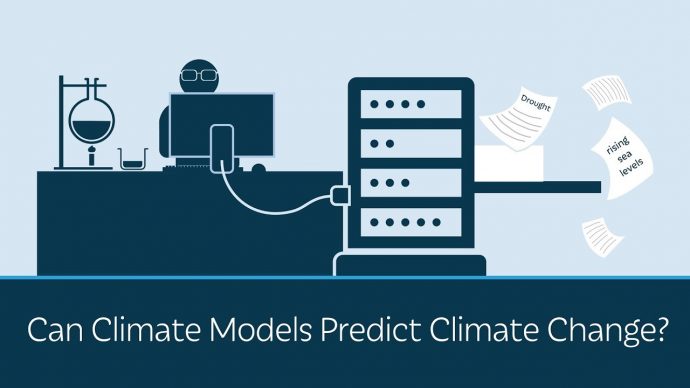The climate is too complicated for climate models. Here is another great video from Prager University, an organization committed to fighting the information war:
Predicting climate temperatures isn’t science — it’s science fiction. Emeritus Professor of Physics at Princeton University Will Happer explains.
Let’s talk about climate models.
Specifically, let’s talk about the climate models that attempt to predict the future temperature of the planet. But before we do, it’s important that you know a little about me.
I’m a physicist. I taught at Columbia University and then at Princeton for five decades.
I have published over 200 peer-reviewed scientific papers. I have coauthored several books, including one of the first on how carbon dioxide emissions—CO2—affects the climate.
I served as the director of the Office of Energy Research at the US Department of Energy. And before that, I invented the “sodium guide star,” which is still used on most big astronomical telescopes to measure and correct for atmospheric turbulence—that is, for the unpredictable movement of air and water. This turbulence blurs the images of stars and other space objects.
One more thing: I care deeply about the environment. We live on a beautiful planet. I want to keep it that way. I’ve spent a lot of time working to do just that.
In short, I know a lot about the earth’s atmosphere and climate. I also know a lot about long-term predictive climate models.
And I know they don’t work. They haven’t worked in the past. They don’t work now. And it’s hard to imagine when, if ever, they’ll work in the foreseeable future.
There’s a common-sense reason for this.
Aside from the human brain, the climate is the most complex thing on the planet. The number of factors that influence climate—the sun, the earth’s orbital properties, oceans, clouds, and, yes, industrial man—is huge and enormously variable.
Let me try to narrow this down. For the purposes of illustration, let’s just focus our attention on water.
Read more: Prager University

